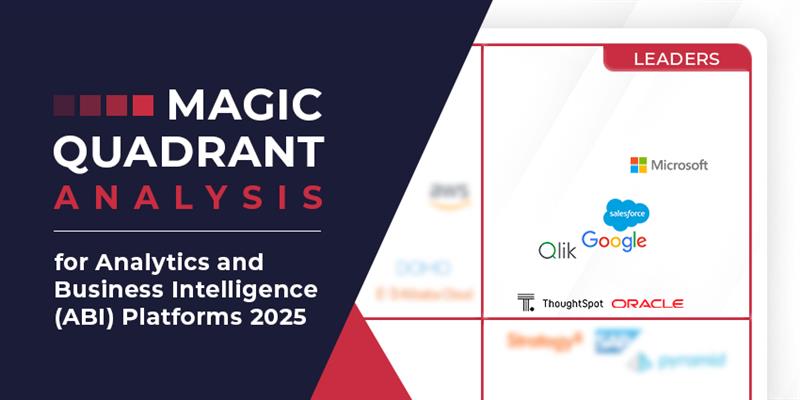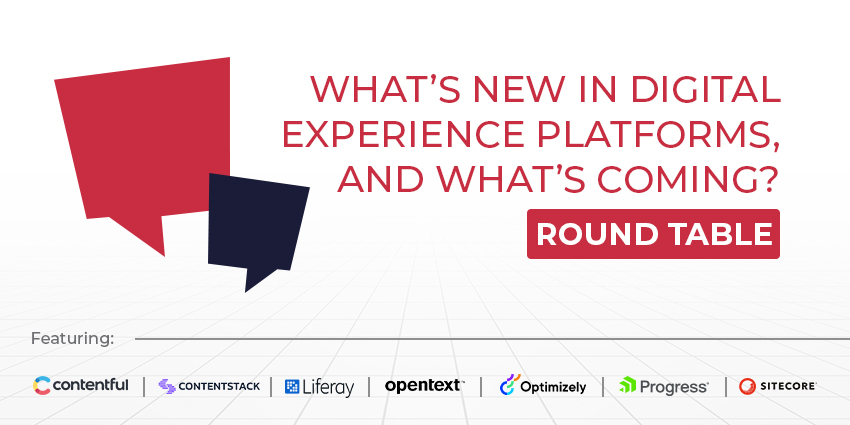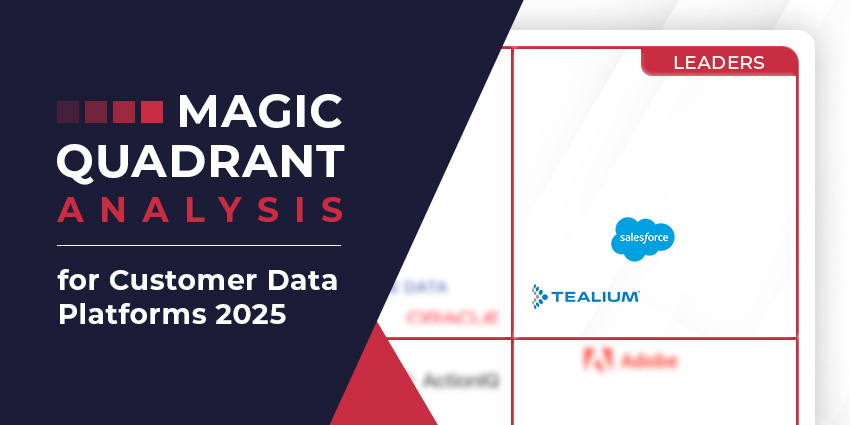Avaya has launched its Experience Platform (AXP) Public Cloud in India, which means that all of its AXP offerings are now available to businesses in the country.
- Update: Avaya Confirms Layoffs Will Impact 3% of Its Workforce
- Incoming Avaya CEO on Its Vision, “Secret Sauce”, & Microsoft’s CCaaS Entrance
- Avaya CEO Transition: Alan Masarek to Retire, Patrick Dennis Steps Up
The customer experience-focussed platform has various deployment models, including on-premise, public cloud, private cloud, and hybrid, to align with organisations from public services, healthcare, telecoms, BFSI, and business process outsourcing
The global leader in enterprise CX describes the Experience Platform as being “trusted” by major global enterprises, offering “flexible” innovation paths, with the ability to “empower” customers to retain their core capabilities.
Vishal Agrawal, Managing Director, India & SAARC at Avaya, commented on the new capabilities that businesses in India would now be able to access: “With Avaya Experience Platform Indian businesses can take a pivotal leap forward in the experiences they deliver to both customers and employees.
“With the launch of AXP Public Cloud in India, local organisations can leverage cutting-edge AI and comprehensive journey orchestration capabilities to create personalised, proactive, and fluid experiences that not only build customer loyalty but also drive business growth.”
According to its related press release, Avaya sees digital touchpoints and artificial intelligence as in-demand among organisations in India in order to drive growth and “set new benchmarks” in the industry.
It referenced research by the AI insights provider ‘EY’, which found that 75 percent of health professionals in India believe that digital solutions have resulted in better patient outcomes. Furthermore, 50 percent of government bodies are due to deploy their first generative AI solution over the next 12 months.
Benefits of AXP to Indian Businesses
The Avaya Experience Platform offers digital access, AI self-service, assisted service, data management, analytics, workforce engagement, ‘connected’ employee experiences, and customer support.
Digital access is enabled through the integration of LivePerson with AXP, bolstering digital engagement and analytics to allow for improved interactions across channels, plus conversational insights.
AI Self-Service is available in the form of a new Virtual Agent Ready framework so that businesses can integrate a digital assistant for intelligent engagement.
Avaya Agent Assist provides assisted service as a packaged solution to speed up AI adoption for the Experience Platform via a hybrid model, with tools to reduce stress and enhance customer interactions.
Avaya’s CX domain experience and Microsoft’s Power Bi and Copilot deliver simplified analytics and data management to operate cloud and hybrid environments using a unified analytics tool that incorporates real-time and historical data analysis.
When it comes to workforce engagement, the native integration of Calabrio into the AXP improves customer interaction efficiency. Meanwhile, Verint Bots brings enhancements to quality assurance, time management, redaction, and summarisation.
To create more connected employee and patient experiences for healthcare professionals, Avaya has added integrations with Epic Systems.
Finally, Avaya has introduced the latest addition to its customer support service through the generative AI virtual assistant ‘Avaya Ada’, which is capable of offering ‘context-aware’ support to Avaya customers and partners.







